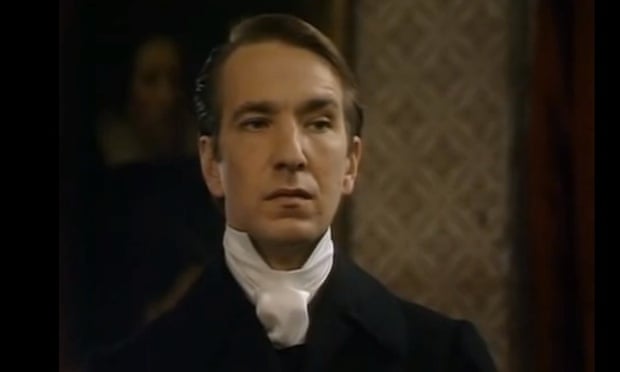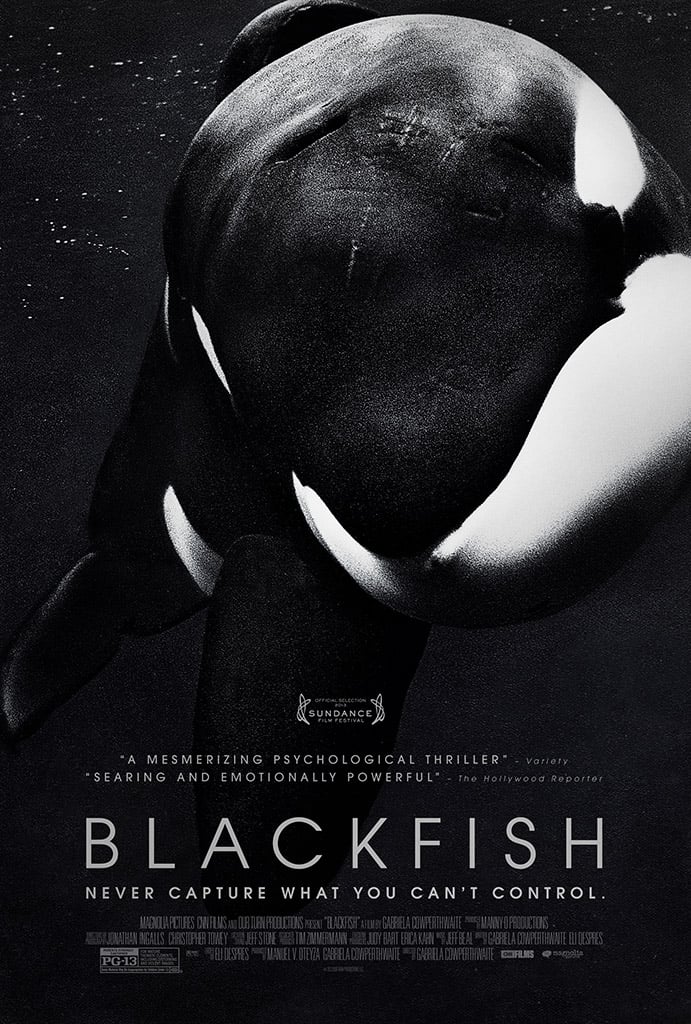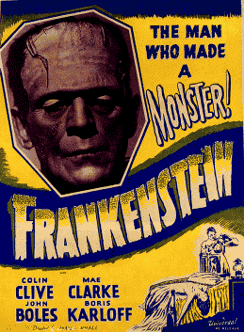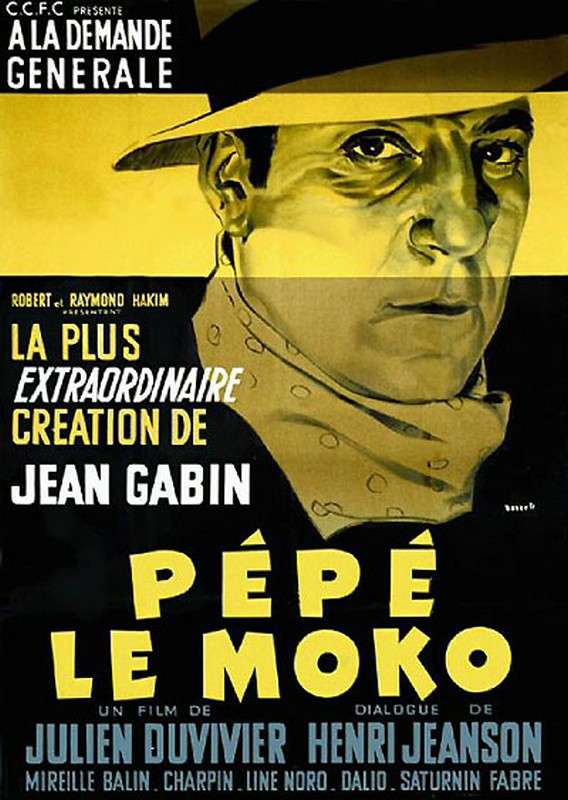My sister woke me around midnight last night to tell me about Alan Rickman's death, a event as shocking to me as David Bowie a few days earlier; that fact that they were both the same age and died from the same awful disease, cancer, makes his death even more painful. As I knew it would, my Facebook feed was this morning full of mourning for the great man.
His voice is one of the most recognisable in acting history, with its silken tones which could be deployed to seduce, scare, or sneer. It was a gift, and he used it well. It even helped make him a surprising sex symbol among women, who would gladly have listened to him read from the phone book for hours on end. Rickman also had a wonderful face, with eyes that could narrow with sinister intent, and a smile that was surprisingly warm and kind.
To many of my generation Alan Rickman is and will always be Severus Snape from
Harry Potter. There is good reason for this, as he played the role so perfectly that no one can imagine anyone else being Snape. While that certainly ran through my head as I lay thinking about all his films, I remember him from a bunch of others roles that showed just how great his range was. Here are some of my favourites.
Snape in Harry Potter

The ambivalence that Rickman could use his voice for was well suited to the role of Snape, the most conflicted character in all of Rowling's story. There are many memorable Snape moments from the series ('Turn to page three hundred and ninety-four.'), but the one that stands out for me is when Harry has accidently injured Malfoy in the sixth film, and Snape comes in and recites an incantation over Malfoy's injuries. Rickman's voice is at its most purring and gentle, and the care in it is a surprise.
Hans Gruber in Die Hard

This is the film that launched Alan Rickman's career in America. His Gruber is a wonderful comic villain who gets the best lines of the film, and arguably the best of any action villain in film history; 'I will count to three; there will not be a four.'; 'Mr Takagi will not be joining us for the rest of his life.' While there was nothing redeeming about Gruber's character, Rickman made him charismatic and witty.
Jamie in Truly, Madly, Deeply

While villains were his most memorable roles, Rickman apparently wanted to play the romantic lead (as I am sure many women did too) and Minghella's film allowed him to do that. Jamie comes back from the dead to help his girlfriend get over his death. The cello features strongly in the film, played by Jamie; surely a perfect match for that beautiful voice.
Colonel Brandon in Sense and Sensibility

I don't love this version of Austen's novel, but Rickman's Brandon is a lovely example of the warmth and kindness he could bring to roles. The moment when Brandon first sees Marianne playing the piano is a lovely, quiet moment of love at first sight.
Sir Alexander Dane in Galaxy Quest

Rickman's comic abilities were always underrated, but he got to use them in this loving parody of the madness that surrounds Star Trek and other science fiction worlds. Though Tim Allen is the lead, Rickman's Dane undergoes the greatest change in the film, from decrying the series that has overshadowed all of this other work ('I was an actor once, damn it..') to embracing the Spock-style role of Dr. Lazarus of Tev'Meck ('By Grabthar's hammer, by the suns of Worvan, you shall be avenged!')
Obediah Slope in Barchester Chronicles

This is my favourite role of his. One of the earliest of his acting career, Rickman played Slope, as odious and slimey as his name suggests, who is a clergyman who has his sights set on more earthly matters. He woos a rich young widow while also playing court to another, a beautiful but 'lame' woman who sees through his pretensions to piety (she was played by Susan Hampshire). The scenes between those two are brilliant.
There are many other roles that he played, from caddish Harry in
Love, Actually, the Sheriff in
Robin Hood: Prince of Thieves where he stole the film from Kevin Costner, to the truly awful Judge Turpin in Tim Burton's
Sweeney Todd.
I never got to see him perform on stage, which is a huge shame, as theatre was his first love; he would turn down movie roles so he could do more plays. I can imagine how thrilling it would have been to be in the same room as him, with that wonderful voice of his resonating throughout the room.
Farewell Alan Rickman; you are missed.



















